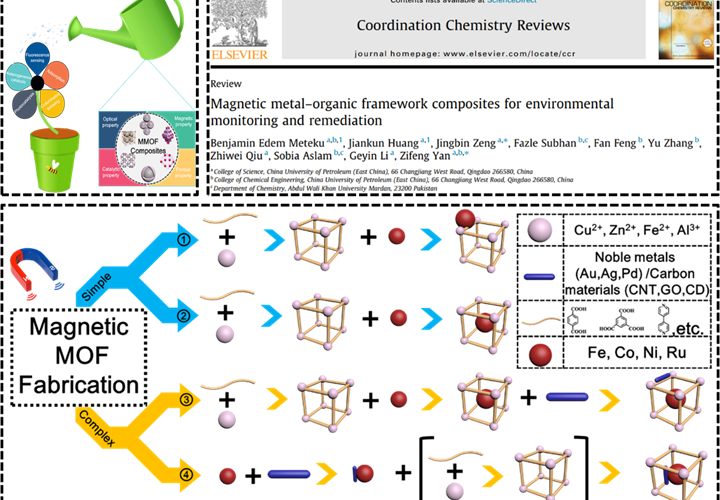Akin to their counterparts elsewhere, African early career researchers (ECRs) could contribute significantly to capacity building among colleagues and students. They could also facilitate on-going local research by sharing knowledge and skills obtained from other Universities outside the continent. However, several factors mitigate against these benefits, including lack of funds, mentorship, research space, time for research, publication, and academic progression, among others, account for their inability to achieve this desired impact.
In a recent article in Psyarxiv Preprints, Tijjani Shinkafi of the Department of Biochemistry, Usmanu Danfodiyo University in Sokoto points out that academic institutions must give material support to ECRs to avoid the circumstance where early career researchers (ECR) in African countries leave for greener pastures. In his article, he elucidates several factors that work against early career researchers in Africa and suggests solutions to these challenges.
A critical observation with funding, for instance, reveals that, in addition to scarce funding, bureaucracies associated with accessing the available funds can be daunting. Further, adequately structured mentoring programmes in most African countries to provide much-needed guidance is absent. It is noteworthy that ECRs generally fail to rapidly re-integrate into their previous academic systems when they return from study abroad. Eventually, ECRs may become ineffective or quit the institution, generating considerable losses to the local and continental research endeavour.
Tijjani recommends that higher education and research institutions tailor the academic environment to encourage, guide and support ECRs. Funding agencies in African countries should also sponsor PhD graduates to undergo postdoctoral training both within and outside the continent to prepare them for an academic career.
Though the utilization of these simple recommendations is necessary to harness the energies of ECRs fully, most African institutions fail to recognize their importance and hence make provision for them. ECRs possess the potential to impact research in the local and continental scientific communities. Therefore, there is an urgent need for African institutions to adopt a more holistic approach to capacity building arrangements that ensure that full benefits are derived from ECRs they train. One approach could be tying ECRs to long-term research activities such that their training and post-training activities would fully inure to the benefit of the relevant projects.
Conflict Of Interest
The views and opinions expressed in this article are those of the author, and they do not purport to reflect the policies, opinions, or views of the AfroScience Network platform.
Disclaimer
This article has not been submitted, published or featured in any formal publications, including books, journals, newspapers, magazines or websites.
Be the first to comment
Please login to comment








